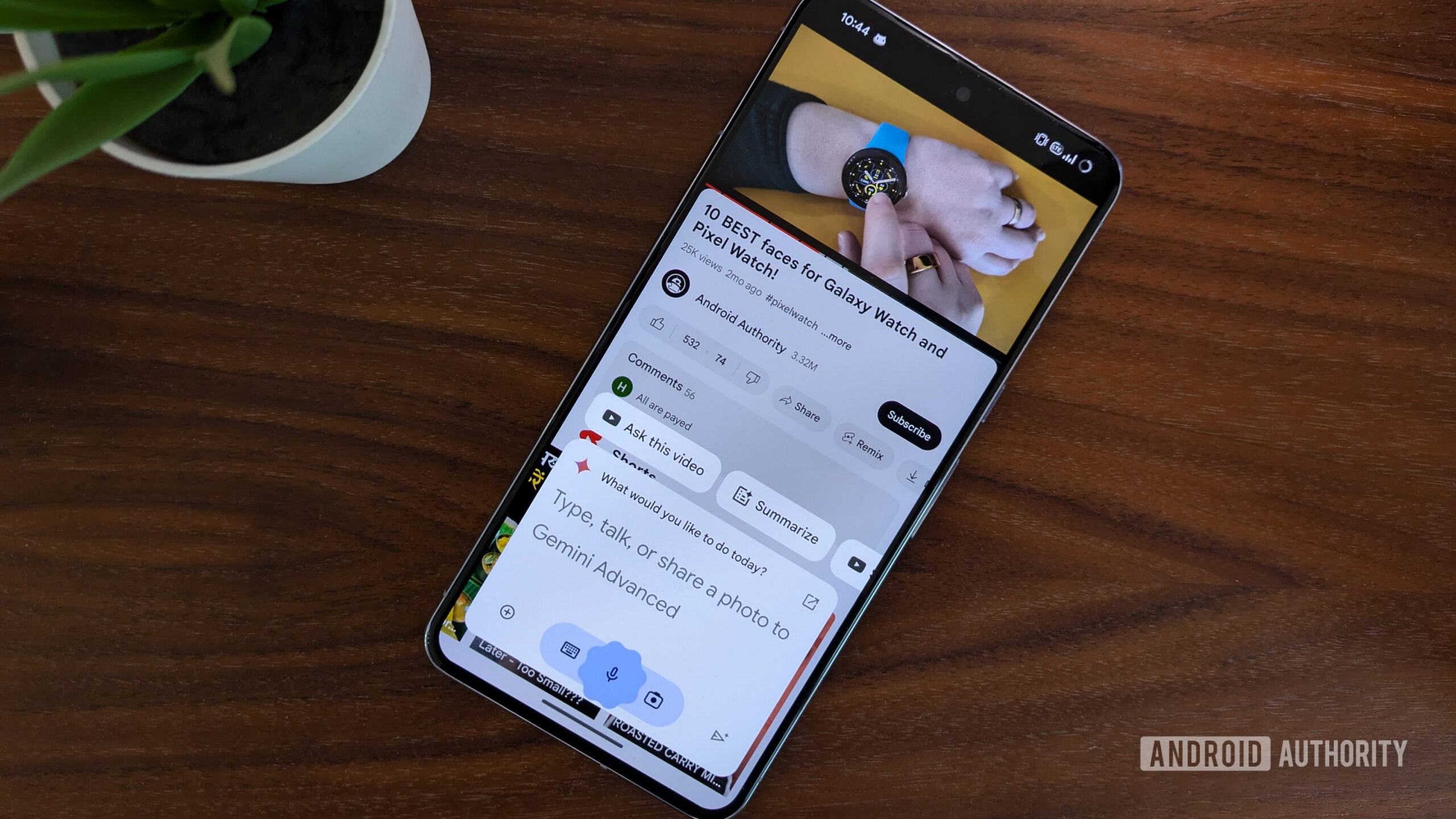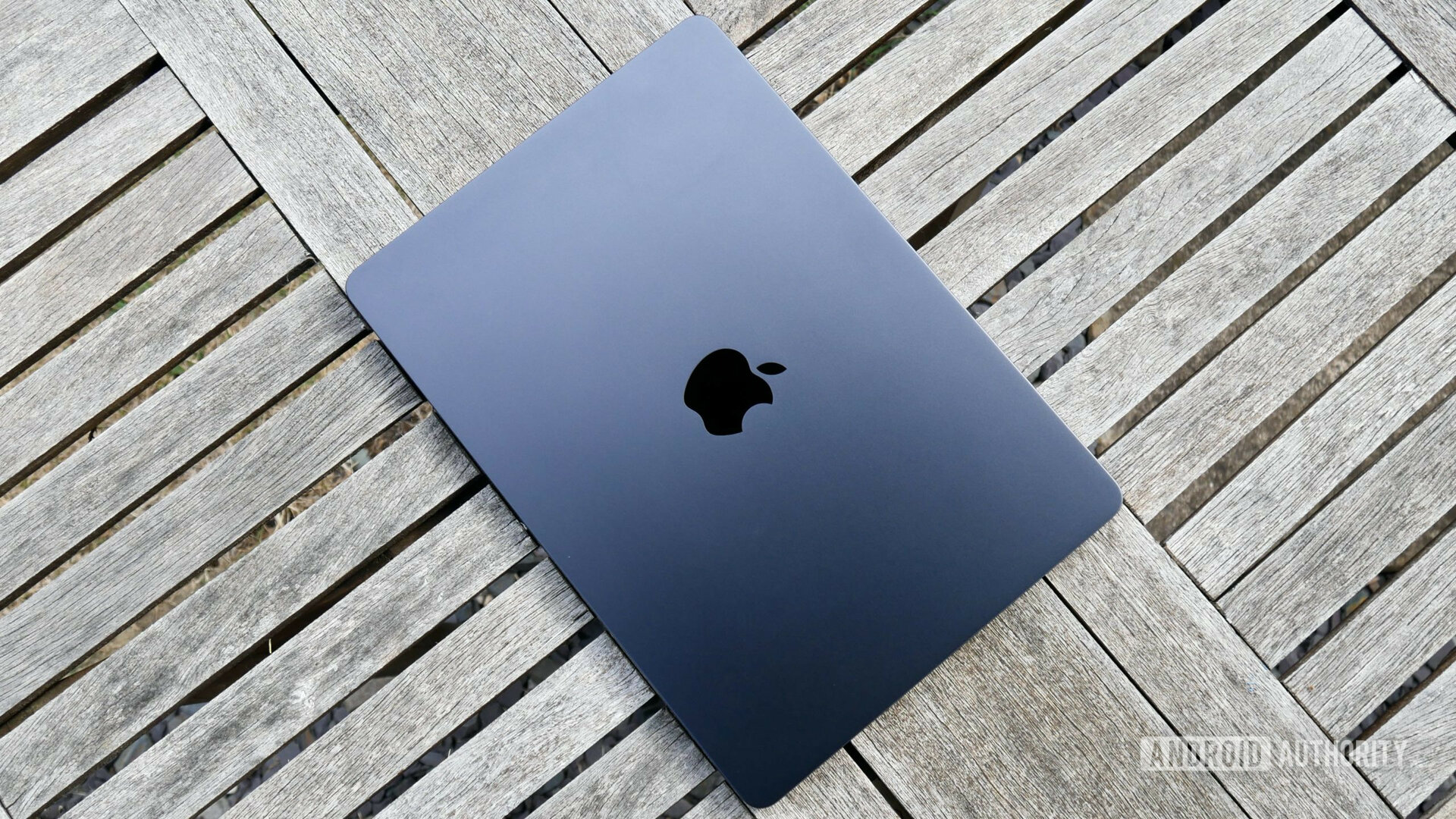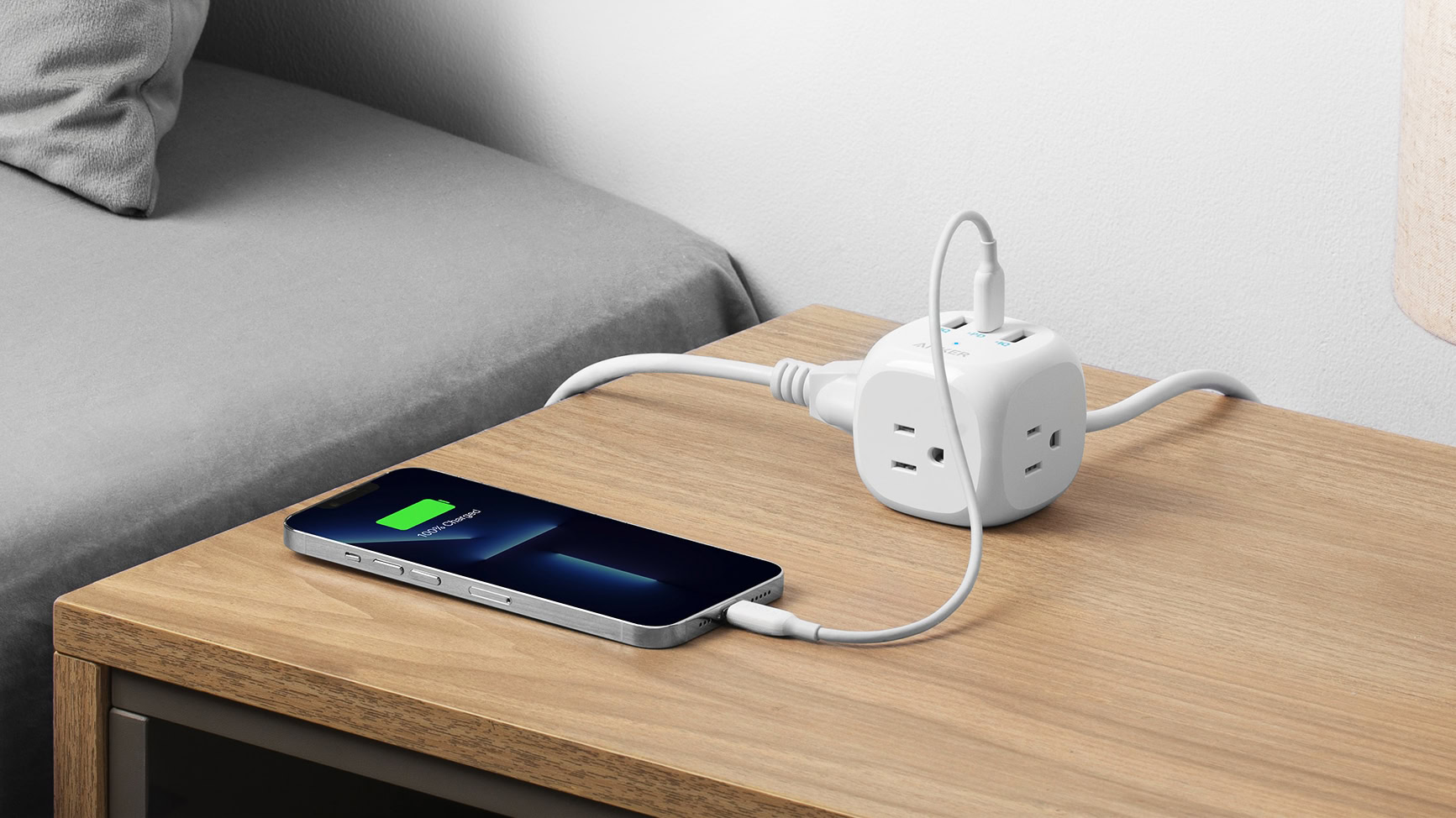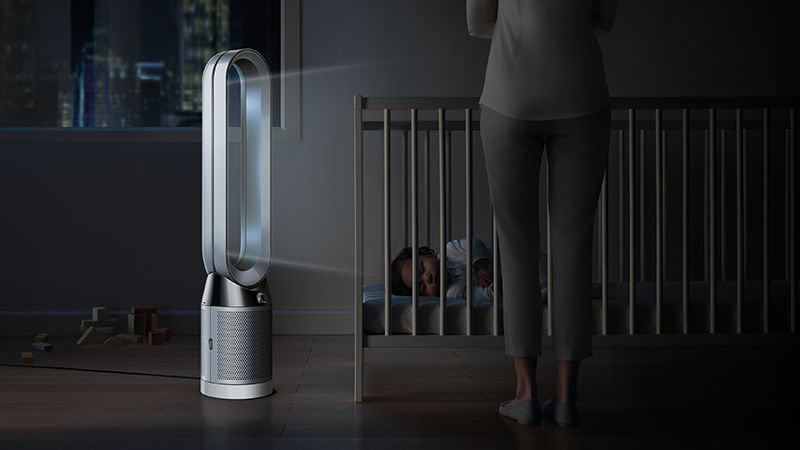
Rita El Khoury / Android Authority
If you’ve seen our latest Google Pixel 9 exclusive, the phone’s Tensor G4 processor is set to be the smallest change to the series so far. While peak performance has never been a Tensor accolade, there’s little to no upgrade in the chip’s cornerstone AI capabilities either. The Tensor G4 reportedly features exactly the same third-generation TPU, codenamed “rio,” running at the same clock speed as the Tensor G3. The reason is that Google reportedly missed deadlines for a more potent custom chipset, which will now have to wait until the Pixel 10, and had to hastily cobble together an improved Tensor for the Pixel 9 series.
If this holds true, surely the Pixel 8 series should be able to run all of the Pixel 9’s upcoming AI features? Well, the CPU and GPU upgrades appear to be nowhere near big enough to make a meaningful difference to any AI processing, the DSP that runs camera algorithms is the same as last gen, and the identical TPU is the core that binds Google’s on-device AI capabilities together.
Should Google backport Pixel 9 AI features to the 8 Pro?
0 votes
I’d argue that the Tensor G4 shares so many core similarities to the G3 that (virtually) the only reason why Google won’t bring its latest features, such as AddMe and Pixel Screenshots, to the Pixel 8 series, at least not in a hurry, is to upsell the Pixel 9. There’s no denying that bringing such features to the Pixel 8 would make Google’s best-ever flagship even more compelling but might undermine launch excitement about the new models, despite the camera and other hardware upgrades. This raises a big question: Just how committed is Google to backporting features via Feature Drops?
Virtually, the only reason Google won't bring the Pixel 9's latest AI features to the Pixel 8 series is to upsell the Pixel 9.
Google’s history with Feature Drops is pretty hit-and-miss. While it has brought plenty of new features to the Pixel lineup over time, we’re still waiting on some of the bigger promises like Zoom Enhance. There’s no guarantee that all of Google’s latest AI features will even be available for the Pixel 9 at launch, so any hope of features making their way back to the Pixel 8 series in a timely manner feels remote. Still, the similarities between the Tensor G4 and G3 make this all the more possible than in previous years, so here’s hoping that, even if there’s a reasonable delay, we see as many Pixel 9 AI features on the Pixel 8 as possible.
There’s one exception to all this — RAM. On-device AI is RAM heavy; it’s the reason the lower-specced Pixel 8 didn’t initially ship with Gemini Nano, while the 8 Pro’s larger 12GB RAM pool made it possible. According to leaks, the Pixel 9 is expected to ship with 12GB of RAM, and the Pro models will all receive a boost to 16GB. That’s a lot more memory than the baseline Pixel 8, but 12GB matches the capabilities of the Pixel 8 Pro. Once again, then, it looks like the more affordable Pixel 8 stands to miss out, but Google’s previous premium model should be capable of matching the Pixel 9. However, just how broken up Google’s AI feature set will become across models remains to be seen.
The Pixel 8's 8GB RAM might be too small, but the 8 Pro is capable of matching the base Pixel 9.
Even so, a processor with few upgrades cuts through the usual inter-generational barrier and puts Google and the Pixel series in an interesting position. Can Google rely on the superb hardware upgrades alone to sell the Pixel 9 while using this opportunity to show that the best software features can transcend generations? We’re already questioning whether seven years of updates really mean the same thing as seven years of cutting-edge features. Google could put the Pixel series on the map as an evolving platform for the industry’s best AI technology, regardless of which generation you buy in. But it’ll have to sacrifice a little Pixel 9 prestige to do so.








 English (US) ·
English (US) ·